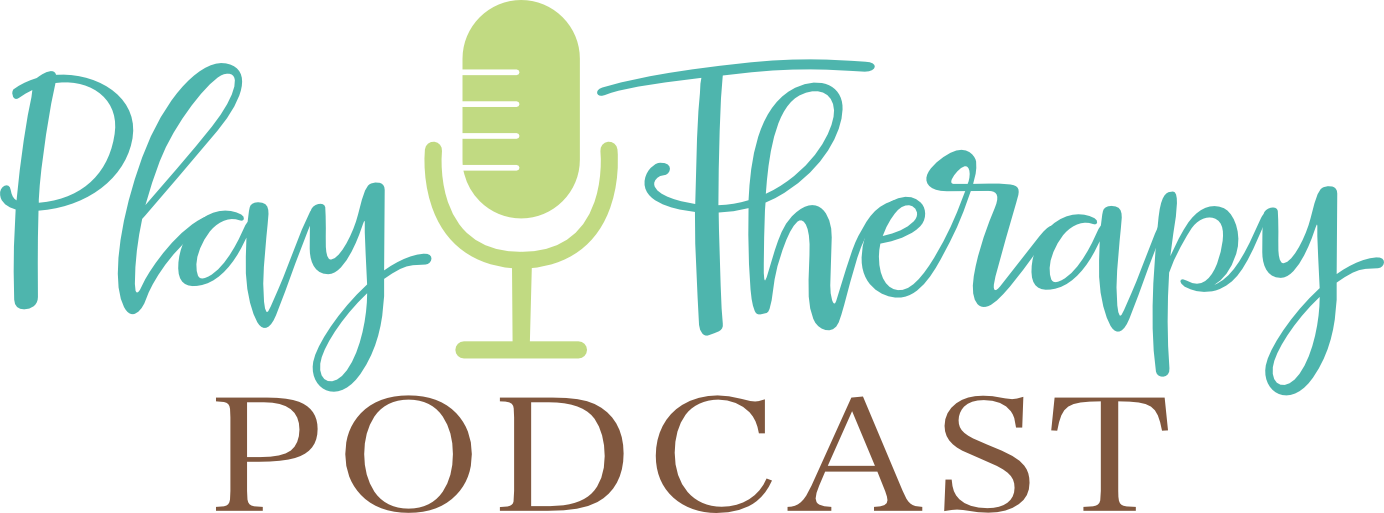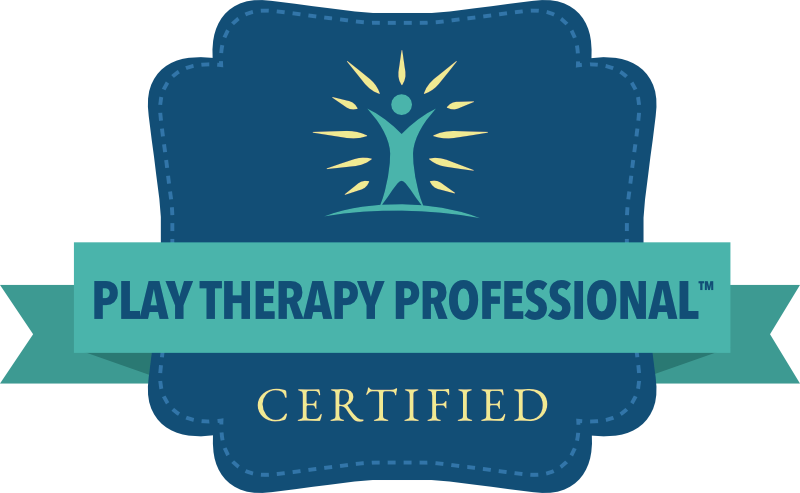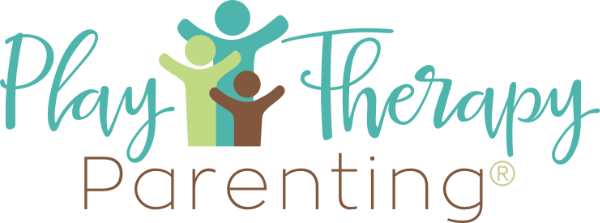The Art of Following: Why Letting Children Lead is Key to Being an Effective Child-Centered Play Therapist
In this episode of the Play Therapy Podcast, I continue our summer school series, diving deep into the principles of effective play therapists as outlined in Landreth’s “Innovations in play therapy: Issues, process, and special populations.” book. We explore the sixth and seventh principles, which focus on trusting the child’s inner direction and appreciating the gradual nature of the therapeutic process.
I discuss the importance of allowing children to lead in all areas of the relationship and resisting the urge to direct their play or conversation. This approach conveys to children that they are worthwhile and important, fostering their ability to make their own decisions. I also emphasize the need to be patient with the therapeutic process, understanding that meaningful change must come from within the child and cannot be rushed.
Throughout the episode, I draw connections between these principles and the pillars of child-centered play therapy, highlighting how they all work together to create a robust and effective framework for helping children. I share personal insights and experiences to illustrate these concepts, including common challenges therapists may face when working with children and their families.
Episode Reference:
Landreth, G. L. (Ed.). (2001). Innovations in play therapy: Issues, process, and special populations. Brunner-Routledge.
Sign up for my exclusive newsletter at playtherapynow.com. Stay ahead with the latest CCPT CEU courses, personalized coaching opportunities and other opportunities you need to thrive in your CCPT practice!
Ask Me Questions: Call (813) 812-5525, or email: [email protected]
Brenna’s CCPT Hub: https://www.playtherapynow.com
CCPT Collective (online community exclusively for CCPTs): https://www.ccptcollective.com
Podcast HQ: https://www.playtherapypodcast.com
APT Approved Play Therapy CE courses: https://childcenteredtraining.com
Twitter: @thekidcounselor https://twitter.com/thekidcounselor
Facebook: https://facebook.com/playtherapypodcast
Trusting the Child’s Lead: Key Principles of Effective Play Therapy
As we continue our summer school series, we’re delving deeper into the principles that make child-centered play therapy (CCPT) so effective. Today, we’ll explore the sixth and seventh principles from Landreth’s “Innovations in play therapy: Issues, process, and special populations,” which focus on trusting the child’s inner direction and appreciating the gradual nature of the therapeutic process.
The Interconnectedness of CCPT Principles and Pillars
Before we dive into the specific principles, it’s worth noting how these principles tie into the pillars of CCPT. As we’ve been exploring these principles, it’s become clear that there’s significant overlap and carry-over in what we do from the child-centered perspective. We can see elements of the encouragement pillar, the reflection of feeling pillar, and even the limit setting pillar woven throughout these principles.
This interconnectedness is what makes the CCPT model so effective and robust. It provides us with a comprehensive framework and multiple options in the play room, giving us confidence in our approach because we know there’s a system backing our actions.
Principle 6: Trusting the Child’s Inner Direction
The sixth principle states: “The therapist trusts the child’s inner direction, allows the child to lead in all areas of the relationship, and resists any urge to direct the child’s play or conversation” (Landreth, 2001.)
The Power of Non-Directive Approach
As child-centered play therapists, we believe that children carry within themselves unique and exciting possibilities for growth. However, this potential can only be realized in a nurturing atmosphere. That’s why we take a hands-off stance and allow the child to lead within the confines of the playroom.
By respecting the child’s ability to make their own decisions, we convey to them that they are worthwhile and important. We don’t attempt to direct a child’s actions or conversation, and we make no effort to control or change the child.
Resisting External Pressures
Sometimes, we may feel pressure from caregivers or stakeholders to deviate from CCPT principles. They might express concerns about the child not addressing specific issues or behaviors during play therapy sessions. However, it’s crucial to resist these pressures and maintain our trust in the child’s inner direction.
The Importance of Child-Led Play
When we offer ideas, label objects, or make decisions for the child, we deprive them of the opportunity to do so for themselves. By trusting the child to take the play therapy experience to the areas they need to explore, we allow for genuine self-actualization.
Remember, everything the child chooses to do in the playroom is meaningful and significant, even if it may not seem immediately therapeutic to us. As therapists, we become a sounding board for the child’s personality, allowing them to perceive themselves as they are and naturally make self-enhancing corrections.
Principle 7: Appreciating the Gradual Nature of the Therapeutic Process
The seventh principle states: “The therapist appreciates the gradual nature of the therapeutic process and does not attempt to hurry it,” (Landreth, 2001.)
Patience in the Therapeutic Journey
As play therapists, we must be careful not to rush the process. Just as we can’t make a tree or flower grow faster, we can’t force a child to “grow faster” in therapy. We need to allow the child to move at their own pace, keeping in mind that all worthwhile change must come from within the child.
The Pitfalls of Directive Approaches
This principle highlights why the child-centered model should be the primary approach used with children. Directive methods that attempt to teach or change a child from the outside may provide short-term solutions but often fail to create lasting, internalized change.
Trusting the Child’s Readiness
We must recognize and accept that a child will only express feelings or make changes in their life when they are ready. Our role is to provide a safe, accepting environment where this natural process can unfold, rather than prodding, pushing, or suggesting changes.
Communicating with Parents
These principles can serve as valuable talking points when meeting with parents for consultations. We can explain that:
- We can’t force a child to “grow faster” in therapy.
- All worthwhile change must come from within the child.
- The child will only change and express feelings when they’re ready.
By emphasizing these points, we can help parents understand the importance of patience and trust in the therapeutic process.
As we continue our exploration of the foundational principles of CCPT, we gain a deeper appreciation for the thoughtful, child-centered approach that makes this model so effective.
By trusting in the child’s inner direction and respecting the gradual nature of the therapeutic process, we create an environment where genuine, lasting change can occur.








